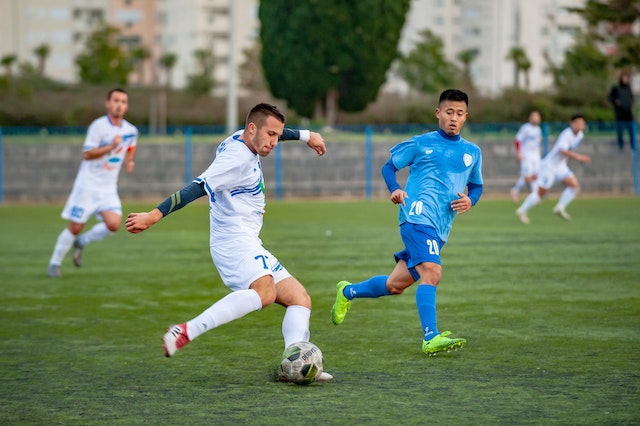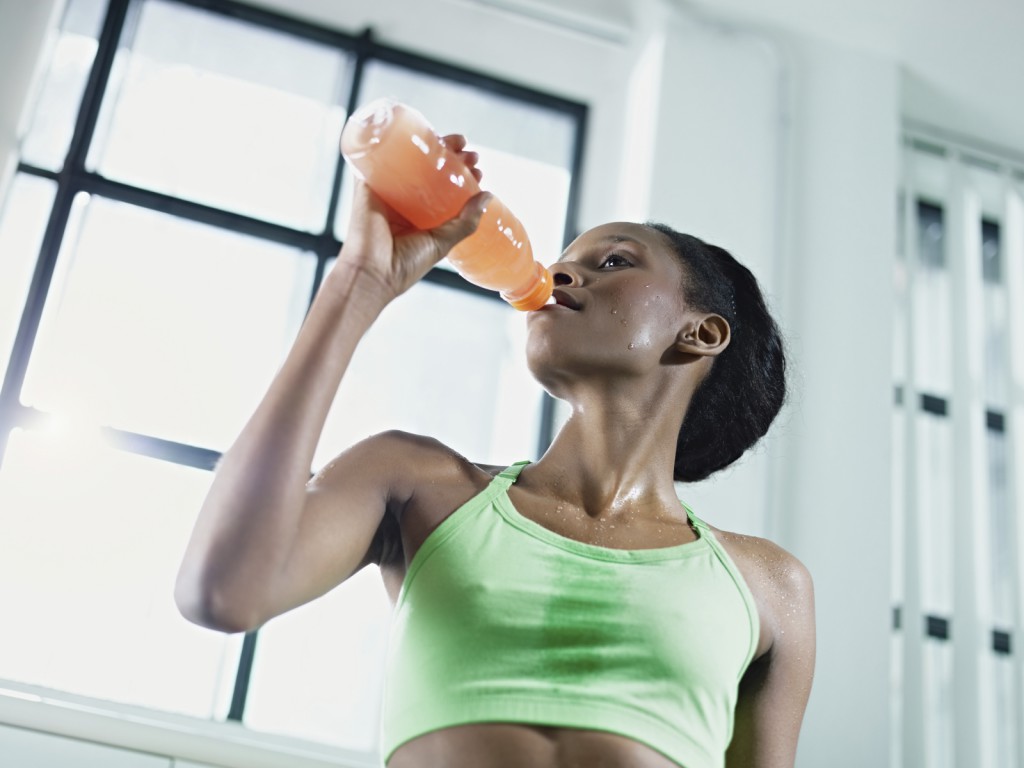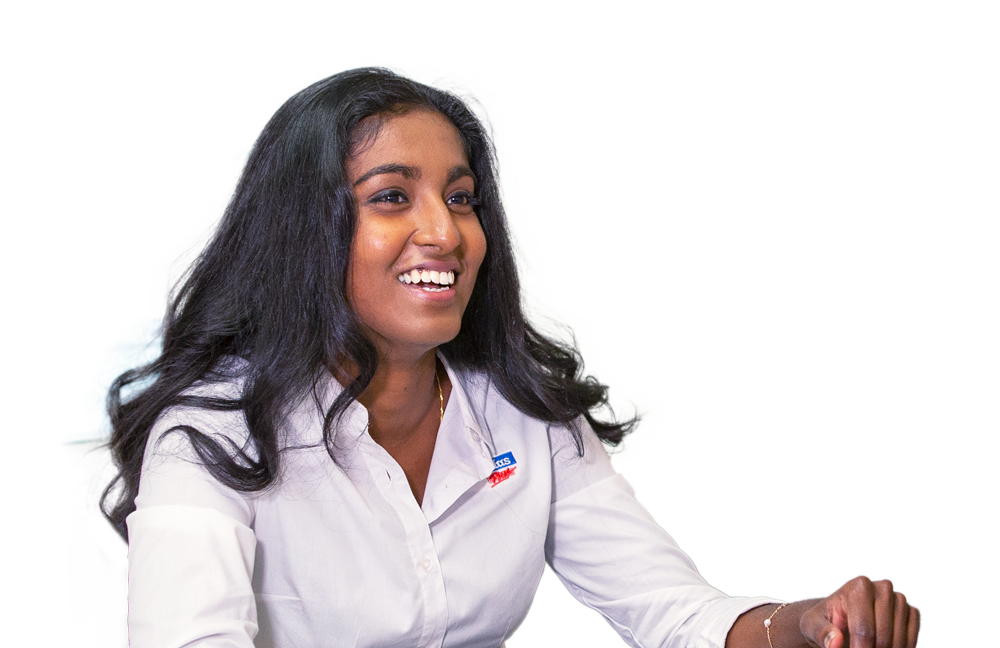
Sports nutrition is a chapter of nutrition that aims to optimise your eating habits to improve your sports performance. The recommendations can apply to both competitive and recreational athletes. The goal remains the same, to optimise performance.
In sports nutrition, your nutritionist will guide you and adapt your diet according to your needs while respecting the reality of your everyday. It is important to understand that the diet of a sports enthusiast needs to be personalized. This helps to achieve the desired results and improve sports performance.
Why consult a sports nutritionist?
There are many reasons why a sports nutritionist should be consulted. And you don’t have to be a top athlete to enjoy the benefits. A person who trains with the aim of “being healthier” can benefit from their sound advice. Find out right here how the recommendations of a sports nutritionist could be useful in different contexts.
Optimising macronutrient intake (proteins, carbohydrates)
The right quantities
The protein and carbohydrate requirements of athletes are often higher than those of the sedentary population. The quantities vary according to the objective and the type of sport practised. For example, if you are a weightlifter, the recommended breakdown of your energy intake will be 55-60% carbohydrate, with a protein intake of 1.6-2.0 g protein/kg of adjusted body weight*. In contrast, a sport such as soccer requires a carbohydrate intake of 55-65% energy and a protein intake that should be between 1.2-1.6 g protein/kg of adjusted body weight*.

*Ask your nutritionist what your adjusted body weight is to ensure proper protein intake.
The right quality
The right amount and quality of protein and carbohydrates in your diet will play a big role in your performance. Firstly, your body converts carbohydrates into glucose, the body’s preferred fuel. Glucose can also be stored as glycogen in the muscles or liver, ensuring that you have a good supply of energy for your sports performance. It is important to note that not all carbohydrates are equal in terms of dietary quality. Your nutritionist will be able to help you make the best choices.
Why protein?
Proteins are essential for the body to function properly, from the production of hormones, antibodies, enzymes, body building materials (tendons, ligaments, bones, skin, etc.) to the development of muscle mass. They are essential for the body and unlike carbohydrates, the body does not really have the capacity to store them. It is therefore necessary to constantly meet its daily needs to ensure a healthy body.
Since the dietary needs of sports enthusiasts and athletes are higher than the general population, your nutritionist will guide you on the number of macronutrients you should consume and how to achieve the ideal distribution. Want to know more about nutrition and muscle mass gain? Read this article : Foods for muscle growth
Optimal hydration for sports enthusiasts and athletes
Hydration and electrolyte recovery are essential for sports performance and cannot be overlooked. Hydration is important because water allows the various nutrients (vitamins, minerals, proteins, carbohydrates) that are dissolved in the blood to circulate freely and allows the elimination of waste products from the body. For example, the CO2 produced by the muscles during muscular exertion must absolutely be eliminated as its accumulation in the body is potentially harmful.
The water in the body also helps to cool down the high heat production associated with physical exercise. Increased fluctuation in internal body temperature can be dangerous or even fatal. Our body, an incredible machine, uses water to capture heat and transport it to the surface of the skin where it can be released through sweat. In addition, we must not forget that water acts as a “lubricant” for the body, ensuring good body mechanics and is essential for several chemical reactions, including the production of energy by the cells.

Finally, from a performance point of view, we must bear in mind that dehydration reduces our capacity to withstand physical effort and can lead to a more rapid state of fatigue. To learn more about hydration, read our article : Hydration and exercise
Avoid dietary deficiencies; choose the proper nutrients
Some key nutrients need special attention in sports nutrition (iron, vitamin D, calcium, and electrolytes). Electrolytes are minerals (e.g., sodium or potassium) that are present in the blood. With perspiration, we lose electrolytes, and it is essential to replenish them after physical exertion. Needs vary from one individual to another. Your nutritionist will be able to advise you.
In reparation for a sports event
Nutrition in the days leading up to a competition or sporting event plays an important role in your performance the day of. By favouring carbohydrate intake, you will ensure that your energy reserves are maximised. It is normal to lose water during physical exertion. Taking certain foods or drinks during your sporting event can also help you give it your all. Also, taking carbohydrates during prolonged efforts will allow you to maintain your energy level for a longer period. Once the event is over, you want to optimise your recovery with carbohydrates, protein, and good hydration. For more information, see the articles: How to feed your body before a sporting competition or What Should You Eat When Preparing for a 5 km or 10 km Race.
Vegetarian diet for the sports enthousiasts
Vegetarian athletes can face many dietary challenges. The advice of a nutritionist will be essential to optimise your diet and ensure that you do not lack anything to remain healthy and efficient. You may be interested in this article: Can you build muscle mass as a vegetarian?
The use of sports supplements (protein powder, creatine, caffeine, etc.)
There are many sports nutrition products on the market, and it can be difficult to make sense of them all. Is there a best brand? When should you take them? In what quantities? Your nutritionist will be able to answer all your questions and guide you through the many choices.
The strategic combined use of exercise training and nutrition
Eating before or after training? What foods should we be favouring? What are the best pre- and post-workout snacks? Once again, your nutritionist will be able to guide you. Find out more: Pre- and post-workout meals: A must.
In a nutshell, there are many things you can discuss with your sports nutritionist. The valuable advice, properly applied, can help you optimise your eating habits, while ensuring better health and increasing your sporting performance!
Ready for your first sports nutrition appointment?
Sports nutrition fuels a winner! is a post from Nautilus Plus. The Nautilus Plus blog aims to help people in their journey to fitness through articles on training, nutrition, motivation, exercise and healthy recipes.
Copyright © Nautilus Plus 2022

A session with a nutritionist will help you on your way!

Let's establish your nutritional goals together and get some expert advice!
Make an appointment
